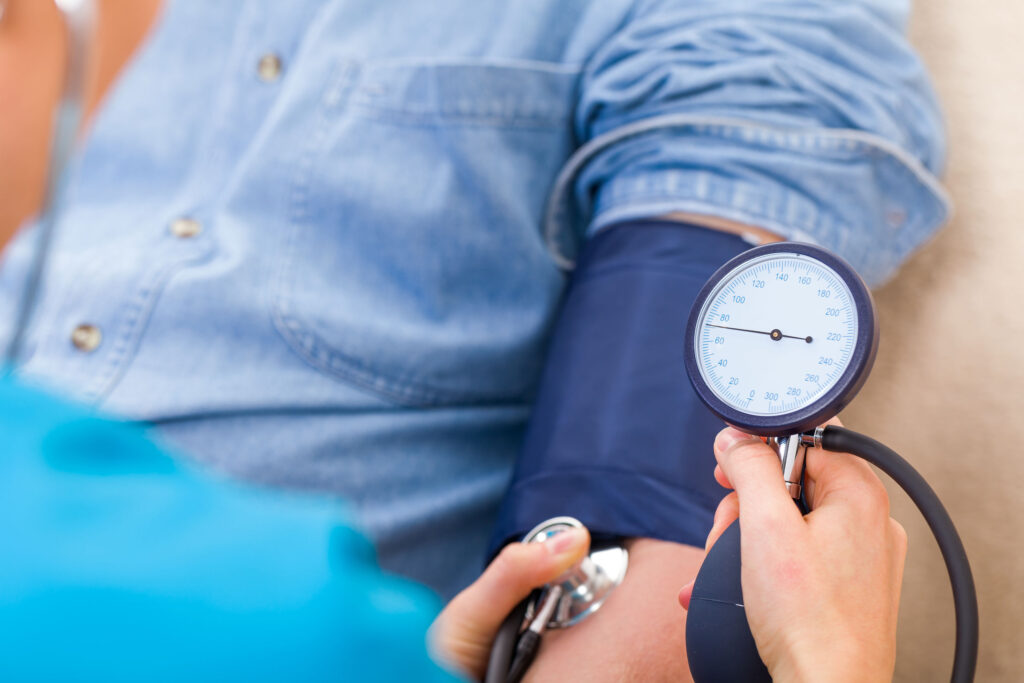
How To Lower Blood Pressure With Potassium
For those with high blood pressure over the normal limit of 120/80, ensuring that your potassium intake is sufficient is one important lifestyle factor to consider. A deficiency in potassium can contribute to high blood pressure, fatigue, and irritability and has been linked to kidney stones. Potassium can help eliminate excess sodium intake. Of course, keeping an eye on sodium intake is key. For those with high blood pressure, keeping daily sodium intake to 1500 or even 1200 mg per day is recommended.
Potassium can also have a tension-reducing impact on the blood vessels. Potassium helps muscles and nerves communicate with each other. Potassium helps maintain fluid and electrolyte balance in the body. The recommended amount of daily potassium intake is 4,700 mg per day. The 2020-2025 Dietary Guidelines for Americans stated that potassium, an essential nutrient, is generally an under-consumed nutrient. Of course, eating a well-balanced diet, based on whole foods, is the best way to get all nutrient

Before you increase your potassium, speak with your physician. For those with comprised kidney function, those that take blood pressure medication, or other health conditions, excess potassium may not be safe.
Look to healthy, whole foods to add more potassium to your diet. The good old banana (422 mg) is the potassium-rich food that always comes to mind, but there are many others. Here are a few suggestions (most measurements are per 1 cup):
Potassium Rich Foods
- White beans 1,000 mg
- Greens like kale, chard, or collard greens 900 mg
- Tomatoes and tomato sauce 910 mg
- Potatoes 867 mg
- Dried apricots 755 mg
- Lentils 731 mg
- Avocados 728 mg
- Edamame (soybeans) 676 mg
- Watermelon 641 mg
- Black beans 611 mg
- Butternut Squash 582 mg
- Spinach 574 mg
- Low-fat yogurt 573 mg
- Sweet potato 542 mg
- Beets 518 mg
- Lima beans 478 mg
- Cantaloupe 475 mg
- Broccoli 458 mg
- Canned salmon 442
- Honeydew 388 mg
- Peas 354 mg
- Oranges 326 mg
- Mushrooms 300 mg
Add a banana to your morning meal. Toss white beans in your salad, soup, or tacos at lunch. Enjoy a baked sweet potato at dinner. Potassium-rich foods are delicious and are a great way to improve your diet, and may help to lower your blood pressure.
by Christy Coughlin, Wellness Coach
